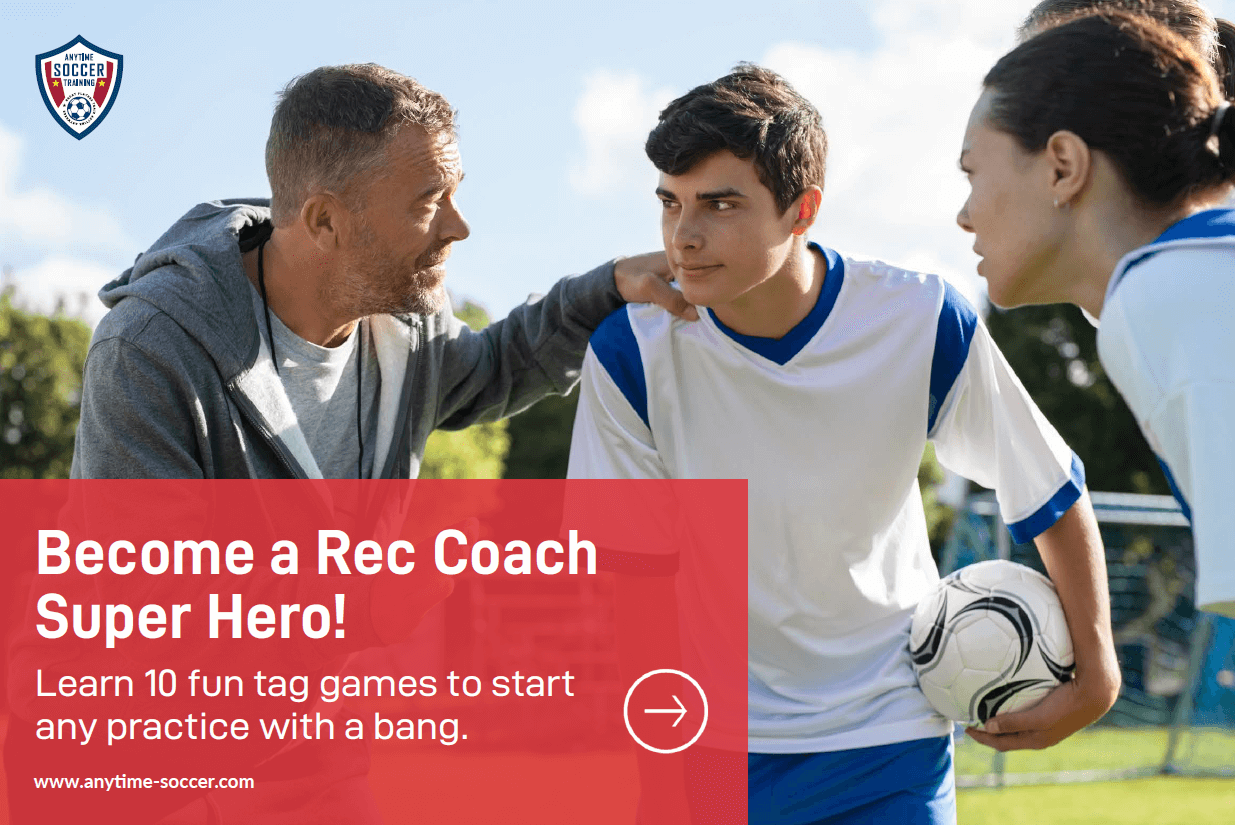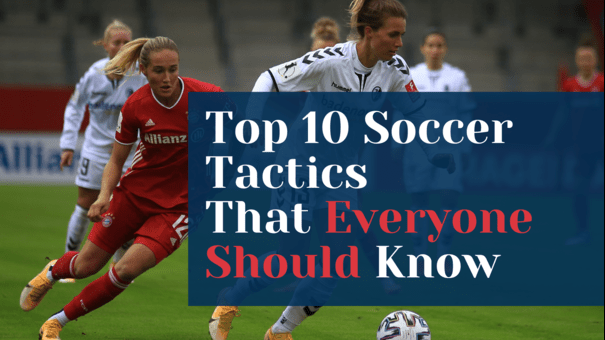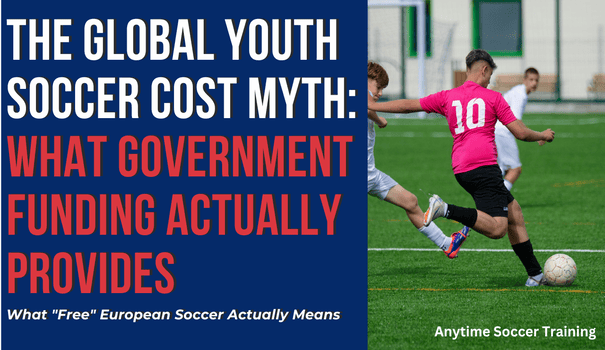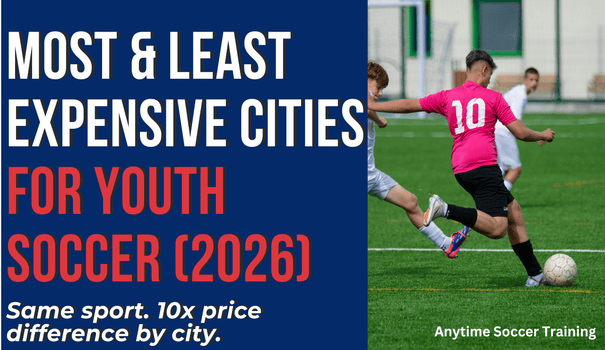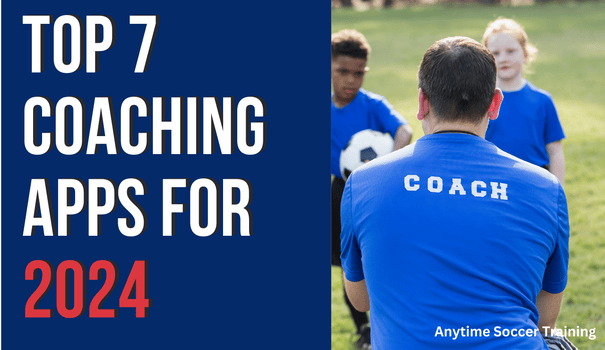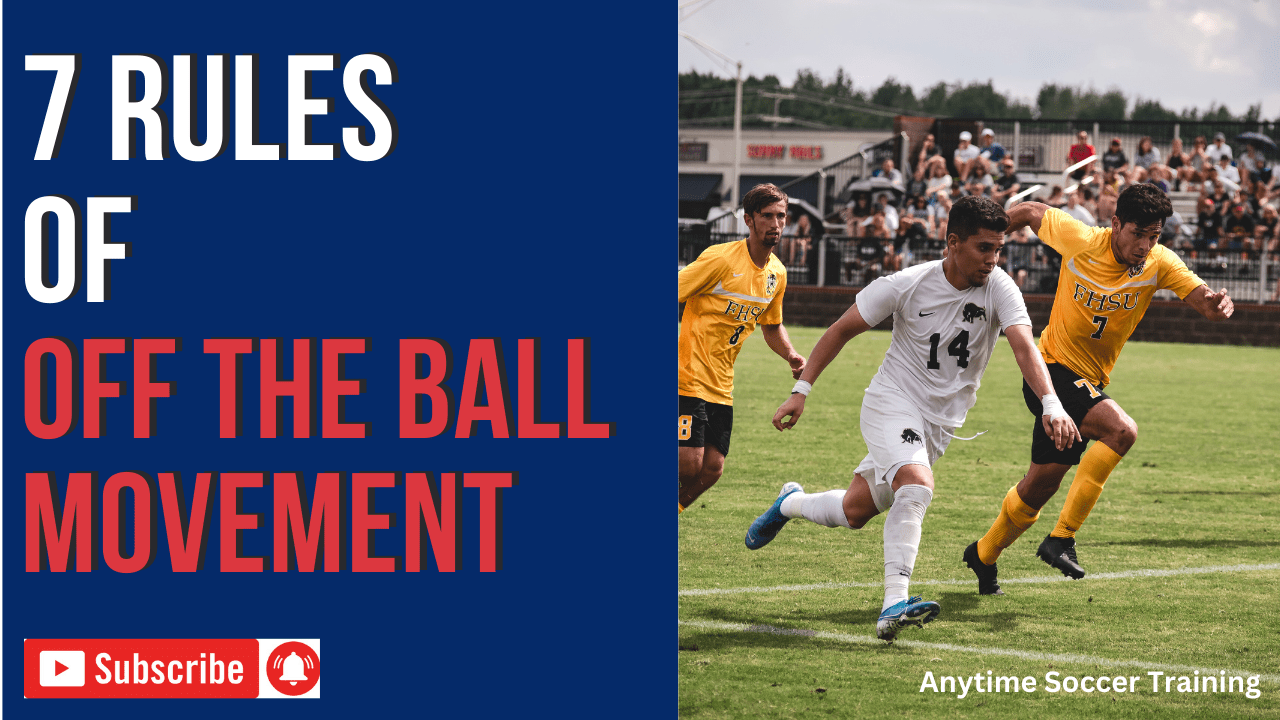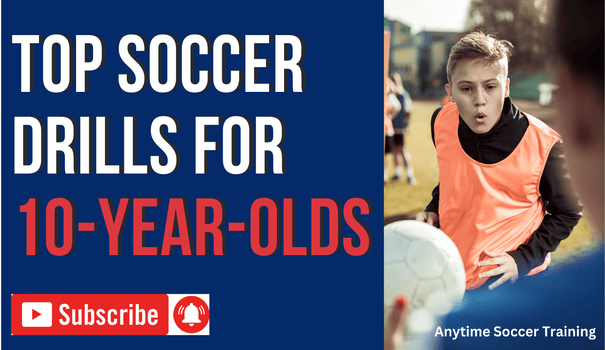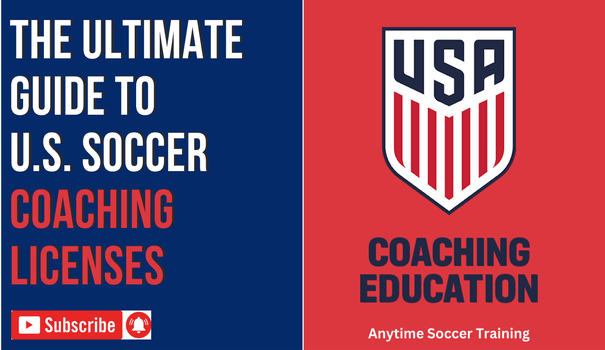
Complete Guide to US Soccer Coaching Licenses (2026): From Grassroots to Pro
The complete pathway for soccer coaches in the United States—from volunteer parent coaches to professional academy staff. Discover requirements, opportunities, and what it takes to impact the next generation of players.
⚽ Your Coaching Journey Starts Here
The US Soccer Federation provides a clear pathway for coaches at every level. In 2018, they introduced a new licensing structure dividing programs into grassroots and professional tracks. This update replaced the previous National Youth and E license courses, with several grassroots courses now available online through the US Soccer Learning Center. Whether you're a parent volunteer or aspiring professional coach, this guide breaks down everything you need to know.
Introduction: Understanding the US Soccer Licensing System
The United States Soccer Federation (USSF) operates the official coaching education system in America. Their licensing pathway serves two distinct audiences:
- Grassroots Track: For recreational coaches, parent volunteers, and those working with beginner to intermediate players (ages 6-19)
- Professional Track: For coaches pursuing careers in competitive club soccer, academies, college programs, or professional teams
Understanding which track fits your goals helps you invest time and money appropriately. Not every coach needs a Pro license, and not every parent volunteer needs formal certification—but knowing the system helps you make informed decisions.
📊 Quick Overview of the Licensing Pathway:
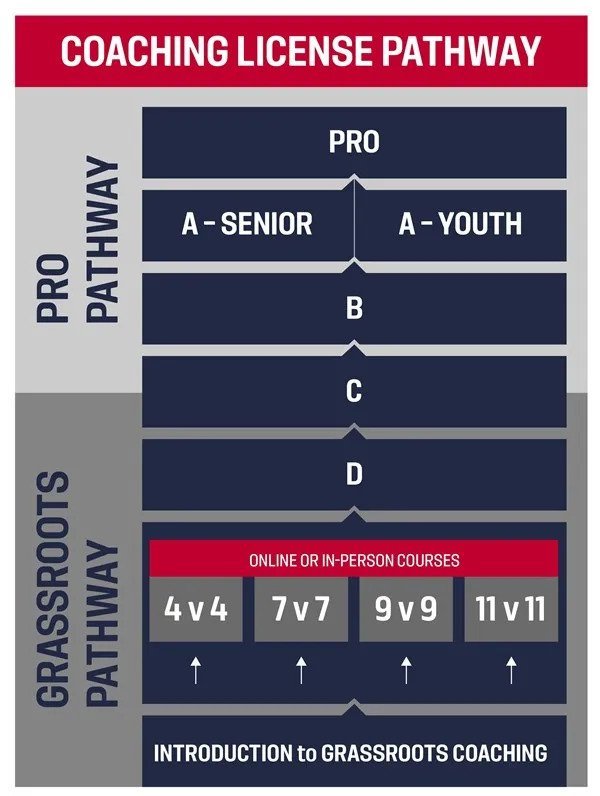
- Grassroots (Introduction): Free 20-minute video—everyone starts here
- Grassroots Modules: In-person or online courses for volunteer coaches
- D License: First formal license (U6-U19 participation-focused)
- C License: Intermediate competitive coaching (U11-U19)
- B License: Advanced competitive coaching (U13+ high-level)
- A Youth License: Elite youth development (U13-U19 academies)
- A Senior License: Professional senior teams (19+ professional pathway)
- Pro License: Highest level (MLS, NWSL, national teams)
What It Takes to Be a Grassroots Coach: The Foundation of Youth Soccer
Before diving into the licensing pathway, let's address what actually matters for grassroots coaching—the foundation where 95% of American youth soccer happens.
Who Are Grassroots Coaches?
Grassroots coaches are the backbone of youth soccer in America. They include:
- Parent Volunteers: Moms and dads coaching their child's recreational team
- First-Time Coaches: People with little to no soccer experience helping their local club
- Recreational League Coaches: Volunteers running AYSO, rec leagues, church teams
- Beginning Club Coaches: Those starting to coach more competitive teams (U8-U12)
The Reality: Most grassroots coaches aren't pursuing professional coaching careers. They're parents who want to help their child's team, community members giving back, or soccer enthusiasts sharing their love of the game.
💡 What Grassroots Coaching Actually Requires
You DON'T need:
- ❌ Years of playing experience
- ❌ Expensive coaching courses (grassroots modules are affordable/free)
- ❌ Advanced tactical knowledge
- ❌ Multiple licenses or certifications
You DO need:
- Enthusiasm and willingness to learn
- Patience with young players
- Basic understanding of age-appropriate training
- Commitment to positive player development
- Background check (required by most organizations)
The Grassroots Coach's Real Job
At the grassroots level (ages 6-12 especially), your job isn't creating the next professional player. Your job is:
- Making soccer fun so kids want to keep playing
- Teaching basic skills in age-appropriate ways
- Creating a positive environment where kids feel safe to try and fail
- Building confidence through encouragement and appropriate challenges
- Developing a love of the game that lasts beyond your season together
Context Matters: The US Soccer Grassroots Courses are specifically designed for this reality. They don't expect you to know advanced tactics—they teach you how to organize fun, effective training for beginners.
🎯 Resources for Grassroots Coaches
- Become a Rec Coach Superhero - Free guide for volunteer parent coaches
- Soccer Tactical Models & Drills Guide - Age-appropriate tactics introduction
- Free Soccer Drills for Kids - Ready-to-use training activities
- US Soccer Learning Center - Official online courses
The Complete Licensing Pathway: Step by Step
Now that you understand the grassroots foundation, here's the detailed progression through the US Soccer licensing system. Each level builds on the previous, with increasing requirements and expectations.
Grassroots: Where Every Coach Begins
Who It's For: Every coach—from parent volunteers to aspiring professionals—starts here.
Cost: Free (Introduction video) + $25-100 per module
Time Commitment: 20 minutes (intro) + 4-8 hours per module
Your coaching journey kicks off with a free, 20-minute Introduction to Grassroots Coaching video available through the US Soccer Learning Center. This covers basic principles of youth soccer coaching and introduces you to the US Soccer philosophy.
After completing the introduction, you can take in-person or online grassroots modules covering topics like:
- 4v4 Small-Sided Games (for youngest age groups)
- 7v7 and 9v9 Training (for intermediate players)
- 11v11 Training Environments (for older youth)
- Coaching the Goalkeeper
- Player Health and Safety
✅ Requirements to Complete Grassroots:
- Watch the free Introduction to Grassroots Coaching video
- Complete at least two in-person or blended learning modules
Important: To be eligible for the D License (next step on professional track), you must complete two in-person or blended modules—online-only modules don't qualify for D License eligibility.
D License: Nurturing Beginners and Intermediates
Who It's For: Coaches working with U6-U19 teams in participation-focused environments (recreational leagues, entry-level competitive)
Cost: ~$200-400
Time Commitment: 40 hours (typically spread over 5 days)
Prerequisites: Complete grassroots requirements
The D License is your first formal coaching license and represents a significant step from volunteer to trained coach. At this level, you're coaching teams with players who are typically beginners to intermediates, often playing for enjoyment or participating in multiple sports.
What You Learn:
- Age-appropriate training session design
- Basic tactical concepts for youth soccer
- Effective communication with young players
- Creating positive learning environments
- Player development philosophy
✅ D License Requirements:
- Complete grassroots prerequisites (introduction + 2 modules)
- Attend 40-hour in-person course (5 days typically)
- Be coaching an active team with 1-2 training sessions per week
- Pass practical and written assessments
C License: Advancing with Commitment
Who It's For: Coaches working with U11-U19 competitive teams (club soccer, select teams)
Cost: ~$600-900
Time Commitment: 56 hours (typically 7 days)
Prerequisites: Hold D License for one full year
After holding your D License for a full year, you can pursue the C License. This license prepares you to work with more committed athletes at the competitive club level. Players at this level are self-motivated and soccer is likely their primary sport.
What Distinguishes C License Coaches:
- Deeper tactical knowledge and application
- Ability to identify and correct technical issues
- Understanding of periodization and season planning
- Managing competitive pressure and player expectations
- Preparing teams for higher-level competition
✅ C License Requirements:
- Hold D License for minimum one year
- Complete 56-hour in-person course
- Lead 2-3 training sessions per week with competitive team
- Demonstrate progression in coaching methodology
- Pass practical and written assessments
B License: Coaching Intermediates with Depth
Who It's For: Coaches at elite club level, high school, college programs (U13+ competitive/academy)
Cost: ~$1,200-1,800
Time Commitment: 96 hours over several months
Prerequisites: Hold C License for one year + 3 years total coaching experience
The B License represents a significant jump in expectations and expertise. This license equips you to lead U13 or higher-level teams in highly competitive environments with intermediate to advanced players.
Many MLS academies, MLS NEXT, and ECNL clubs require coaches to hold minimum B License for top-level teams. This is where you transition from "good coach" to "elite youth development specialist."
What Sets B License Coaches Apart:
- Proficiency in applying and evaluating player development models
- Advanced tactical periodization throughout a season
- Video analysis and performance review skills
- Optimizing training environments for accelerated development
- Understanding elite youth soccer pathways and recruitment
✅ B License Requirements:
- Hold C License for minimum one year
- Have at least 3 years total coaching experience
- Complete 96-hour course (typically 12 days over 2-3 months)
- Run minimum three training sessions per week
- Perform video analysis throughout the licensing process
- Pass comprehensive practical and written assessments
A Youth License: Nurturing Future Stars
Who It's For: Elite academy coaches, top-tier club directors (U13-U19 high-performance)
Cost: ~$2,500-3,500
Time Commitment: 180 hours over 6-12 months
Prerequisites: Hold B License for one year + 4 years total coaching experience
The A Youth License focuses entirely on developing youth players (U13-U19) in high-performance environments. This is the level where you're coaching at MLS academies, top ECNL/MLS NEXT clubs, or elite regional academies.
By this point, you should be working with a competitive club or academy team, conducting at least four training sessions per week, and demonstrating mastery of long-term player development.
What A Youth License Coaches Master:
- High-performance youth development models
- Advanced periodization and load management
- Talent identification and player profiling
- Psychological development in elite youth athletes
- Pathway management (college recruiting, professional opportunities)
✅ A Youth License Requirements:
- Hold B License for minimum one year
- Have at least 4 years total coaching experience
- Complete 180-hour course over 6-12 months
- Coach at competitive club/academy with 4+ training sessions per week
- Demonstrate elite-level coaching competency
- Pass rigorous practical and written assessments
A Senior License: Coaching the Elite
Who It's For: Professional senior team coaches (19+ professional/semi-professional)
Cost: ~$2,500-3,500
Time Commitment: 180 hours over 6-12 months
Prerequisites: Hold B License for one year + coaching senior teams
The A Senior License differs from A Youth License by focusing specifically on coaching senior-level teams (ages 19+) with players aiming for or already in professional soccer. This license is for coaches working in USL Championship, League One, NWSL, or similar professional/semi-professional environments.
What Distinguishes A Senior License:
- Managing professional and semi-professional players
- Advanced GPS and performance data utilization
- Video analysis at professional standards
- Tactical periodization for professional schedules
- Managing player fitness and recovery at elite levels
✅ A Senior License Requirements:
- Hold B License for minimum one year
- Be coaching senior-level team (19+ professional/semi-pro)
- Complete 180-hour course
- Run minimum four training sessions per week
- Demonstrate proficient use of video and GPS technology
- Pass professional-level assessments
Pro License: The Pinnacle of Coaching
Who It's For: Head coaches at highest professional levels (MLS, NWSL, national teams)
Cost: Invitation only (covered by sponsoring club/federation)
Time Commitment: 240+ hours over 12 months
Prerequisites: Hold A License for one year + head/assistant coach at professional club
The Pro License is the highest level of coaching certification and prepares coaches for head coaching roles in senior professional teams, including MLS, NWSL, USL Championship, and international professional soccer.
This is an invitation-only course typically sponsored by the club or federation employing the coach. Only coaches already working at the highest professional levels are eligible.
Who Qualifies for Pro License:
- Head or assistant coach at MLS or NWSL club
- Head coach for USL Championship or similar professional league
- Head coach of U17 or older national team
- Head coach at top international professional clubs
✅ Pro License Requirements:
- Hold A License for minimum one year
- Be head or assistant coach at MLS/NWSL club, or head coach at USL/national team
- Receive invitation from US Soccer (not open enrollment)
- Complete 240+ hour course over 12 months
- Demonstrate mastery of professional-level coaching
Complete Licensing Pathway Overview
| License | Who It's For | Cost | Time | Key Requirement |
|---|---|---|---|---|
| Grassroots | All volunteer coaches | Free-$100 | 4-8 hours | Watch intro video + 2 modules |
| D License | U6-U19 recreational/entry competitive | $200-400 | 40 hours | Coach active team (1-2 sessions/week) |
| C License | U11-U19 competitive club | $600-900 | 56 hours | Hold D for 1 year, 2-3 sessions/week |
| B License | U13+ elite club/academy | $1,200-1,800 | 96 hours | Hold C for 1 year, 3+ years experience |
| A Youth | U13-U19 high-performance academies | $2,500-3,500 | 180 hours | Hold B for 1 year, 4+ years experience |
| A Senior | 19+ professional senior teams | $2,500-3,500 | 180 hours | Hold B for 1 year, coach senior team |
| Pro | MLS/NWSL/National Teams | Invitation only | 240+ hours | Hold A for 1 year, head/assistant MLS/NWSL |
Essential Coaching Gear Every Soccer Coach Needs
No matter what license level you're working toward, having the right tools makes a significant difference. The US Soccer Federation emphasizes preparation and professionalism—and that starts with what you bring to the field.
Here are the essentials every coach should have:
Essential for explaining tactics and demonstrating formations. Check it out on Amazon →
Foundation for every drill and activity. View on Amazon →
Perfect for small-sided games and shooting drills. Shop on Amazon →
Develops footwork, coordination, and speed. See on Amazon →
Basic but essential for controlling sessions. Get it on Amazon →
One ball per player minimum for effective training. View on Amazon →
The Bottom Line: Finding Your Coaching Path
Coaching youth soccer in the United States is a fulfilling and rewarding experience. Whether you're a parent volunteer helping your child's recreational team or an aspiring professional pursuing a career at MLS academies, the US Soccer licensing pathway provides clear structure and progression.
Key Takeaways:
- Not every coach needs every license—align licensing with your goals
- Grassroots coaching (95% of youth soccer) requires passion more than certifications
- Professional pathway requires significant time, money, and experience investment
- Each license level has specific prerequisites and waiting periods
- Being a great coach requires patience, positivity, and genuine care for players
Stay updated on licensing requirements through the US Soccer Learning Center and check your state-specific regulations, as requirements may evolve over time.
Remember: Being a great coach isn't just about licenses and expertise. It's about patience, positivity, and unwavering support for your players. The best coaches inspire love of the game while developing skills systematically.
Resources for Coaches at Every Level
Whether you're a volunteer grassroots coach or working toward your Pro license, having structured training content makes you more effective.
Anytime Soccer Training provides:
- 5,000+ follow-along training videos for organized sessions
- Age-appropriate drills from U6 through high school
- Position-specific training content
- Affordable team licensing ($6/player/year) for coaches
Stop spending hours planning sessions. Access professionally-designed training that complements your coaching education.
View Team Pricing Free Coaching ResourcesRelated Resources
📚 More Coaching & Development Guides
- Become a Rec Coach Superhero - Free guide for volunteer coaches
- Soccer Tactical Models & Drills Guide - Age-appropriate tactics
- MLS Academies Rankings + MLS NEXT vs ECNL - Elite pathways for coaches
- Complete Guide to U.S. Youth Soccer Structure - Understanding the system
- Free Soccer Drills for Kids - Ready-to-use training activities
- US Soccer Coaching Education - Official licensing information
- US Soccer Learning Center - Online courses and resources
About the Author: Neil Crawford is the founder of Anytime Soccer Training and host of The Inside Scoop podcast. As a grassroots coach and parent of players who reached elite academy levels (Charlotte FC Academy, NC FC ECNL), he understands both the volunteer coaching experience and the pathway to professional development. He helps coaches at all levels find resources and training content that make them more effective with their players.
